1 November 2019
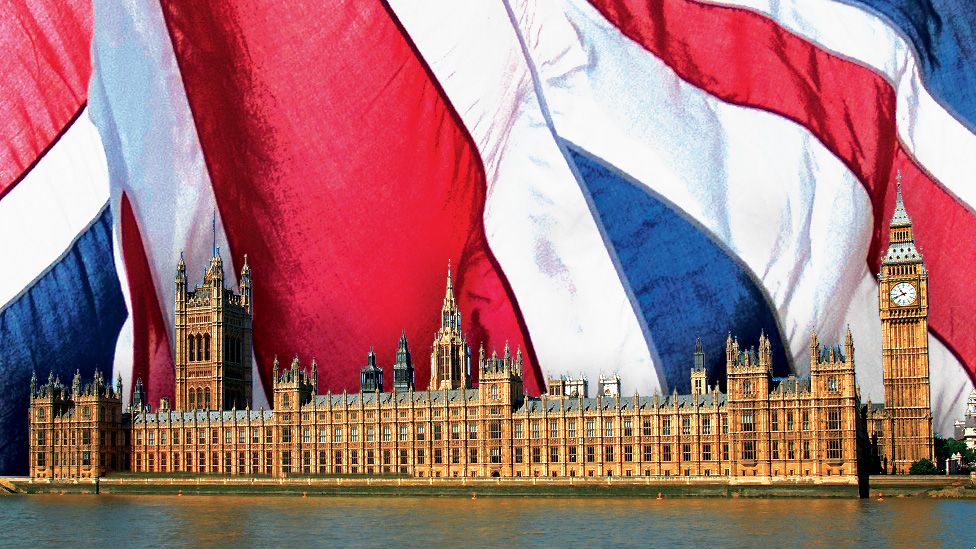
These national votes, to choose a government to run the country, are supposed to be held every five years.
But this would be the third since 2015.
What is an election for?
A total of 650 people will be chosen as members of Parliament (MPs), to decide laws and policies.
MPs are elected to the House of Commons, one of two chambers of Parliament in London, where the government is based.
What do voters care about more, the NHS or Brexit?
Detailed proposals for everything from the economy to defence and policing are set out before any general election in manifestos.
These come from the UK's political parties - groups of people with similar political beliefs who come together to try to win power.
The issues UK voters care most about have changed a lot, according to the polls.
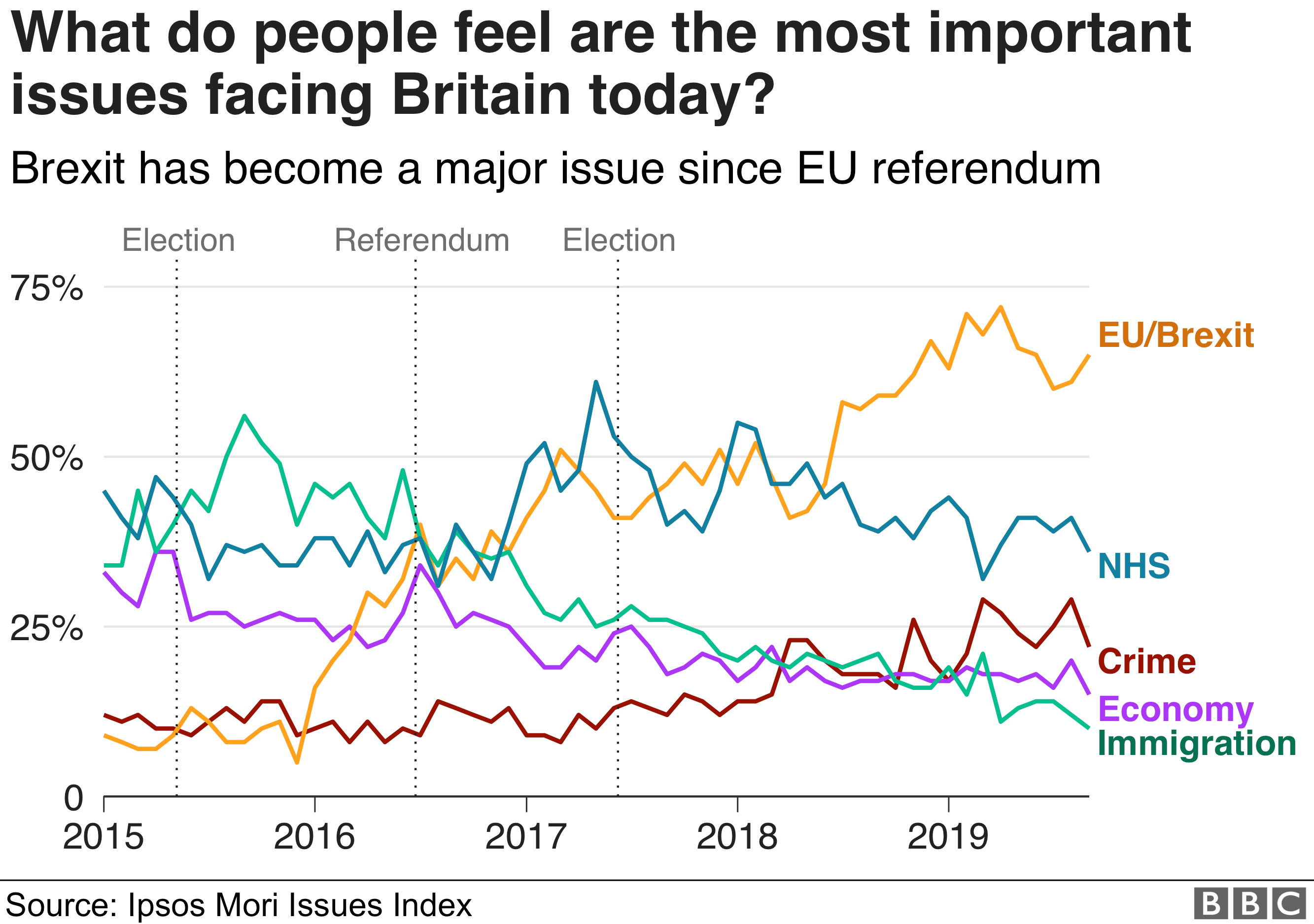
The National Health Service (NHS) and immigration were the things that most concerned voters in 2015.
The European Union (EU) was of far less interest.
Now, however, Brexit - the UK's departure from the EU - is by far the biggest issue.
Why have an election now?
Nearly three-and-a-half years after the UK voted for Brexit in the 2016 referendum, it has not happened.
Politicians are divided: some want the UK to leave the EU as soon as possible, some would prefer another referendum, and others to cancel Brexit altogether.
Prime Minister Boris Johnson doesn't have enough MPs to easily pass new laws.
He hopes an early election will increase the number of Conservative MPs, making his Brexit plans easier to achieve.
The next general election was due to be in 2022, but Parliament has now agreed to hold an early election.
How does voting work?
In a general election, the UK's 46 million voters are invited to choose an MP for their area - one of 650 constituencies.
Anyone aged 18 or over can vote, as long as they are registered and a British citizen or qualifying citizen of the Commonwealth or Republic of Ireland.
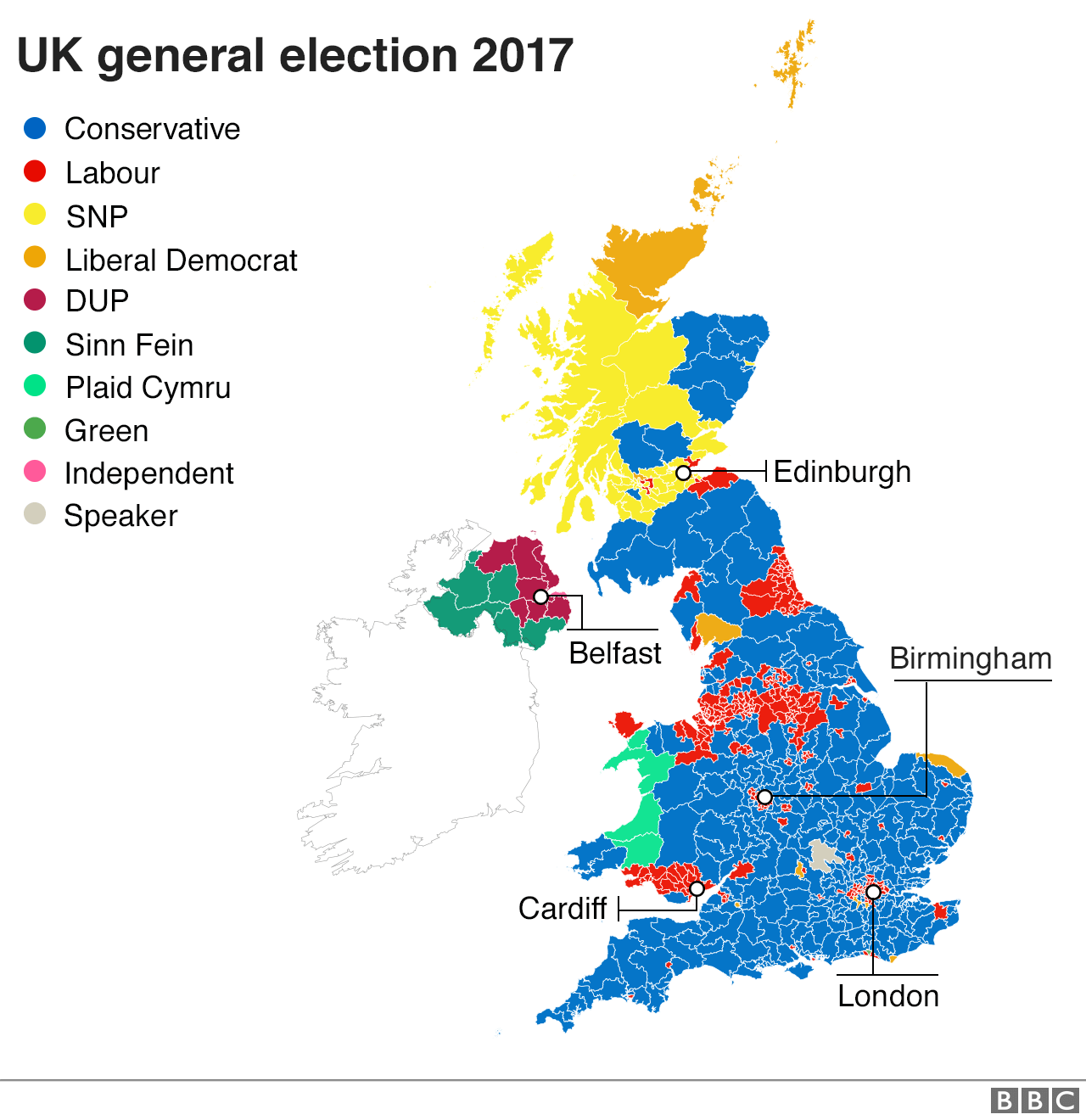
Older people are more likely than younger ones to vote. At the 2017 general election, 59% of 20- to 24-year-olds voted, compared with 77% of 60- to 69-year-olds.
Voting takes place at local polling stations, set up in places such as churches and school halls. Voters put a cross on the ballot paper beside the name of their chosen candidate and drop it into a sealed ballot box.
How are the winners chosen?
The candidate with the most votes in each constituency is elected to the House of Commons.
To win, they simply need more votes than anyone they are standing against. They could receive fewer than half of the votes in their constituency.
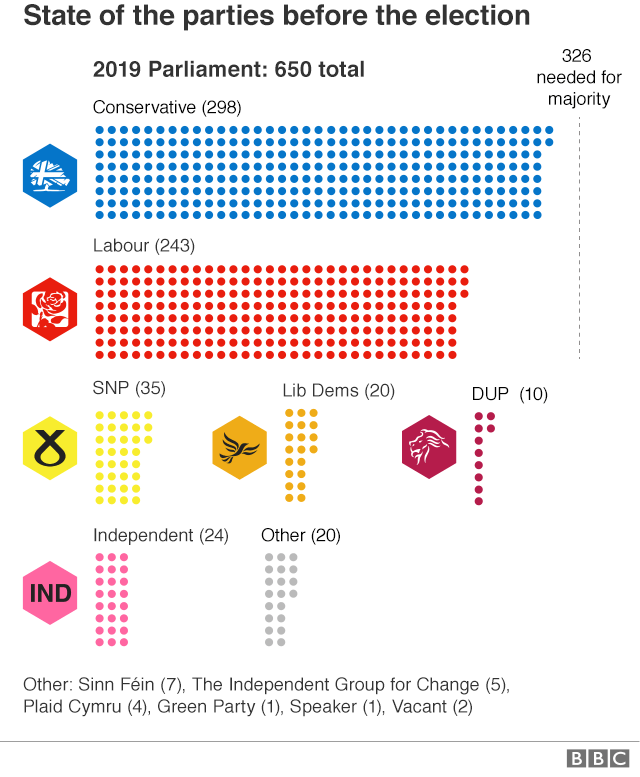
Most MPs represent a political party but some stand for election as independent candidates.
Any party with more than half the MPs (326) in the Commons usually forms the government. Parties with well below 50% of the national vote can take power as a result of the UK's voting system.
If no party has a majority of MPs, the one with the most can form a coalition - or partnership - with one or more other parties to gain control.
The prime minister is not directly voted for by the public. He or she is chosen by the winning party's MPs and appointed by the Queen, who is duty bound to follow their advice.
What happened at the last election, in 2017?
Every election since 1922 has been won by either the Conservative or Labour parties.
They were again the two biggest parties in the 2017 vote but neither had enough MPs to form a majority government. The Conservatives were the biggest and they partnered with the Democratic Unionist Party (DUP) in order to win votes in the Commons.
Since the election, the Conservatives and Labour have both lost MPs, while the Liberal Democrats have made gains.
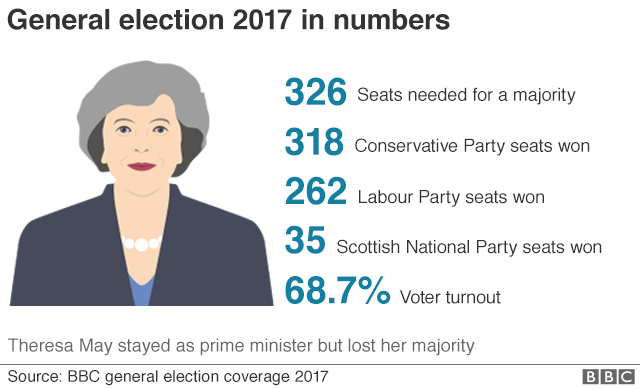
Parliament's second chamber is the House of Lords.
Its members are not elected but are appointed by the Queen, on the prime minister's advice.
Who can stand for Parliament?
Most people over 18 on polling day can stand as a candidate - as long as they are a British citizen or a qualifying Commonwealth or Republic of Ireland citizen resident in the UK.
They must also pay a £500 deposit, which will be lost if they do not get at least 5% of the votes in their constituency.
Candidates must meet certain conditions - prisoners, civil servants, judges and members of the police and armed forces cannot stand.
When do we find out the result?
On general election day, voting takes place between 07:00 and 22:00. The results are declared through the night and the following day.
When the overall result is known, the leader of the winning party, if there is one, visits Buckingham Palace to ask the Queen for permission to form a new government.
Once they have that, which is a formality, they return to the traditional home of the prime minister 10 Downing Street.
Often they will stand outside to deliver a speech about their party's plans for the coming years.
Written by Ian Westbrook and produced by Dominic Bailey, Steven Connor and Prina Shah


- CONFUSED? Our simple election guide
- POLICY GUIDE: Who should I vote for?
- POLLS: How are the parties doing?
- A TO Z: Our tool to explain election words
- REGISTER: What you need to do to vote

Related Topics
https://www.bbc.com/news/uk-politics-49826655